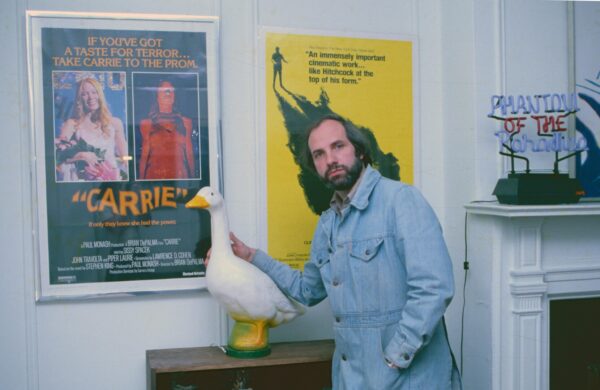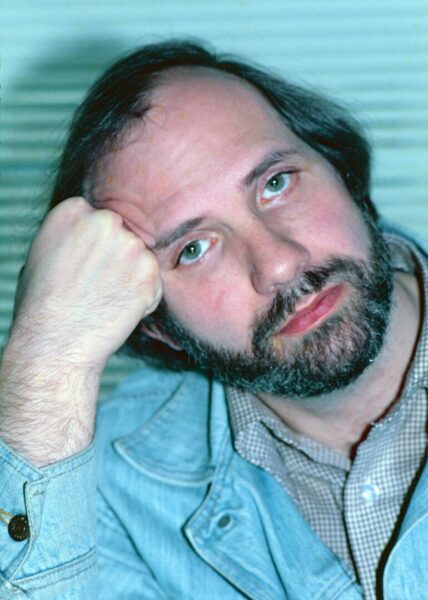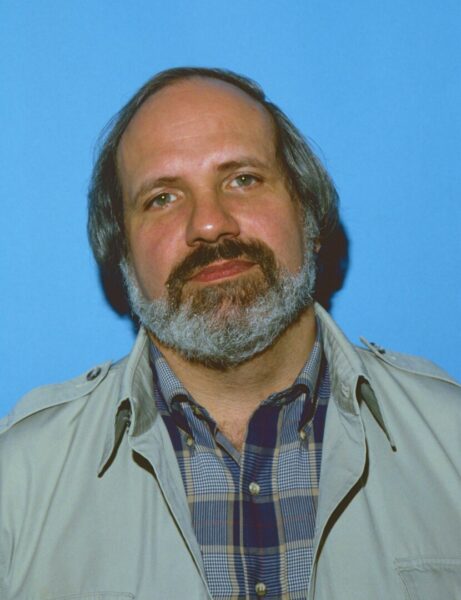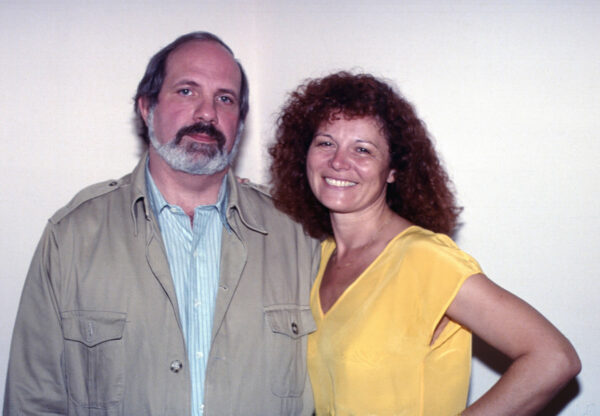After reading a Los Angeles Times review of The De Palma Decade by Laurent Bouzereau, I was reminded of the many times I interviewed the Italian-American director as an entertainment journalist and the articles I wrote about his movies.

I met Brian De Palma for the first time in 1978 in his New York office, when I was writing for the Cinema supplement of the Italian newsweekly L’Europeo.
We spoke about his latest work, The Fury, and I asked him about some of the movies he had directed until then.
He said about Hi Mom! starring Robert De Niro: “We were seeing the Vietnam War essentially as a voyeuristic experience. America then became a cold nation in front of the horrible things that we were doing.”
Sisters: “It develops the classic theme of the good sister and bad sister, the two aspects of our personality, one light and one dark.”
Obsession: “I was imitating my favorite film, Vertigo by Alfred Hitchcock, telling a very romantic story.”
Carrie: “I wanted to represent the high school experience in a different way. It’s typical of a teenager to feel cut off like the ugly duckling.”

In 1987 the editors of CIAK, the Italian film monthly, proposed that I write a weekly newsletter about what was happening in Hollywood, plus film reviews and interviews with actors and directors, as their Los Angeles Correspondent. I held this position until 1994.

The first article, my interviews about The Untouchables with Brian De Palma and Kevin Costner, was published in the September 1987 issue as an 8-page cover story.
I asked the director about working again with Robert De Niro who played Al Capone: “We are older, but our relationship hasn’t changed. When you know somebody that long, it’s like a member of your family, a brother or something, you can talk very simply and directly.”

For CIAK September 1989 issue I wrote what De Palma said about Casualties of War.
On the perspective on the Vietnam War, 20 years later: “It’s very confusing to us because we don’t quite understand why we were there, so it’s a continuing unexplained festering sore. We have all kinds of explanations, and we didn’t win the war.”
For CIAK January 1991 issue I wrote what De Palma and Tom Hanks said about Bonfire of the Vanities.
De Palma: “The satiric and ironic tone was in the book, which deals with broad caricatures, so the movie had to be essentially a black comedy, like Dr. Strangelove by Stanley Kubrick, which is the best example I can think of in the history of cinema.”
I later interviewed De Palma about Femme Fatale (2002) and The Black Dahlia (2006) from the 1987 novel by James Ellroy.
I just watched on Max the documentary De Palma directed by Noah Baumbach and Jake Paltrow that premiered at the Venice Film Festival in 2015. See trailer. The director talks about every one of his movies, including Dressed to Kill (1980) with Angie Dickinson, Scarface (1983) and Carlito’s Way (1993) with Al Pacino, Mission Impossible (1996) with Tom Cruise. He describes his friendship with Martin Scorsese, Steven Spielberg, George Lucas, Francis Coppola: “What we did in our generation will never be duplicated.”


